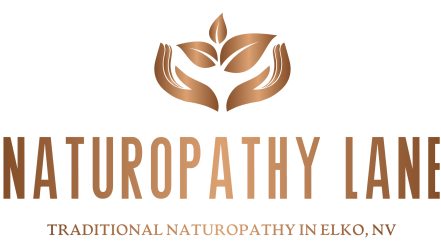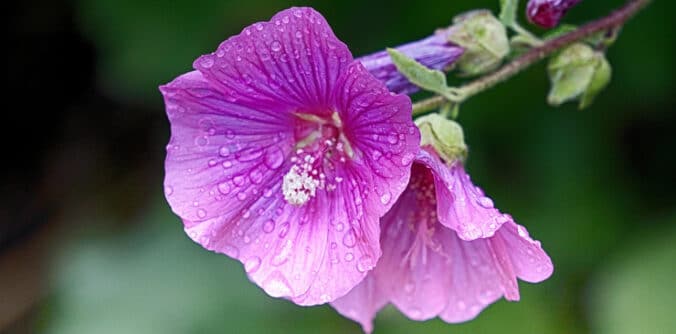Althea, also known as marshmallow, is a plant with a long history of use in natural medicine. The Althea plant is a member of the Malvaceae family and is native to Europe, Western Asia, and North Africa. The use of Althea in naturopathic medicine dates back to ancient times, with its root and leaves being the primary parts used for their medicinal properties.
This herbs root is rich in mucilage, a gel-like substance that has soothing and protective effects on the mucous membranes of the respiratory, digestive, and urinary tracts. This makes it a valuable ingredient in herbal remedies for coughs, sore throats, and digestive issues. In addition to mucilage, the root also contains flavonoids, polysaccharides, and other compounds that contribute to its therapeutic properties.
In naturopathic medicine, Althea is used to alleviate symptoms of conditions such as bronchitis, asthma, and gastritis. It is also used topically to soothe skin irritations and promote wound healing. Recent research has focused on the potential immunomodulatory and anti-inflammatory effects of Althea, as well as its role in supporting gut health and the microbiome.
Studies have shown that the active constituents in Marshmallow may help modulate the body’s immune response and reduce inflammation, making it a promising botanical for conditions involving immune dysfunction and chronic inflammation. The traditional uses of Althea are being further validated through scientific investigation, shedding light on the mechanisms behind its therapeutic effects.
As with any natural remedy, it is important to consult with a qualified healthcare professional before using Althea, especially if you are pregnant, nursing, or taking medications. While Althea has a long history of safe use, it is always best to use botanical medicines under the guidance of a healthcare provider to ensure safety and efficacy.
Further Reading on Natural Medicine:
Mushrooms:Shiitake Mushroom
Herbs: Anise Clematis Capsicum Peppers Elderberry Evening Primrose Ginger Saw Palmetto




0 Comments
1 Pingback